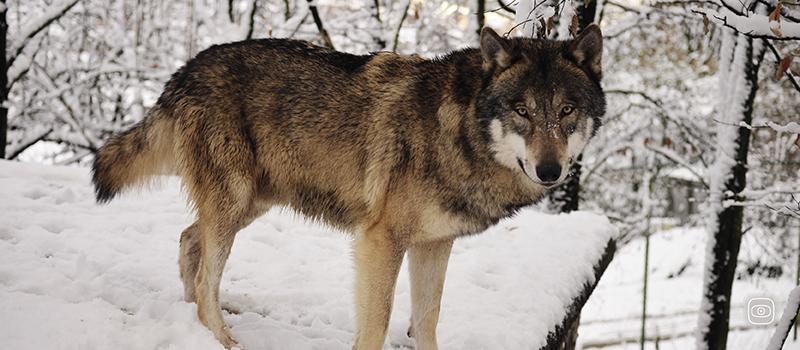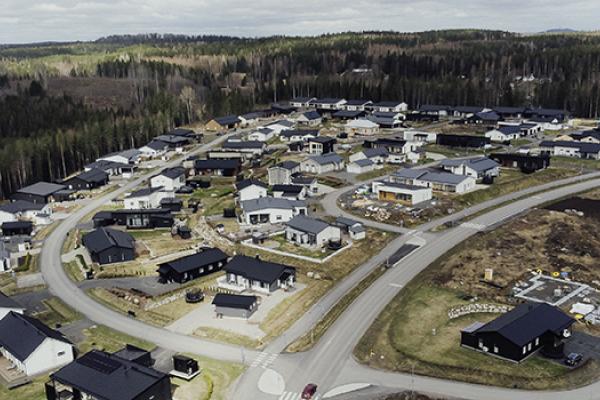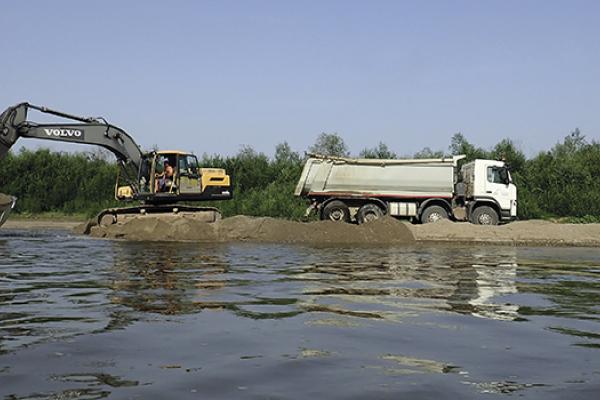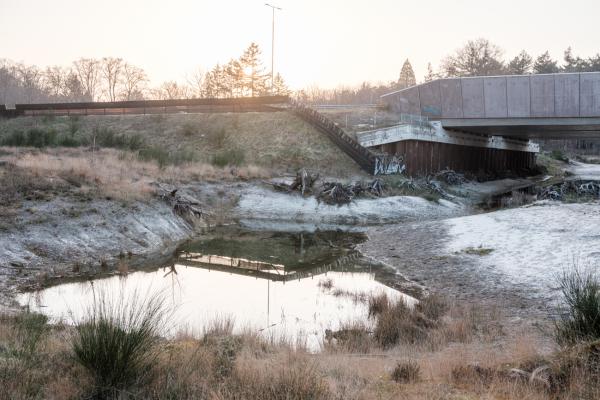From the mountain pastures of Italy to the forests of Sweden, wolves have returned to landscapes from which they once disappeared. While conservationists celebrate this comeback as a success story, others oppose it, seeing it as a threat. The same conflict is playing out across Europe: how can we coexist with wolves, and how far should we go to protect the predator?
This investigation examines how narratives and political pressure have influenced the debate on wolf conservation in Belgium, the Czech Republic, Italy, the Netherlands, Poland and Sweden. Until recently, the European Union firmly prioritised coexistence. However, this changed in 2022, shortly after a wolf killed a pony owned by the President of the European Commission, Ursula von der Leyen. Regardless of whether the incident played a role, the Commission soon shifted its tone. By the end of 2024, the EU had requested a downgrading of wolf protection under the Bern Convention. In early 2025, it amended the EU Habitats Directive despite the ongoing scientific review under Article 17 of the Directive not yet being completed.
The team analysed the narratives used to justify these policy shifts, examining the repeated, emotionally charged language surrounding 'problem wolves', 'rural fear' and 'uncontrolled growth'. Despite differences in geography, wolf numbers and land use, the stories were strikingly similar. Anti-wolf rhetoric throughout the continent is largely shaped by individuals and organisations from the hunting lobby, farmers' associations, and conservative political parties. These groups often amplify or distort facts to create a sense of crisis.
Even at the European level, the same tactics emerge: simplified messages, fear-mongering and calls to remove protections in the name of community safety. This report aims to shed light on how the debate about wolves in Europe has shifted from a narrative of coexistence to one of control, mapping how this discourse travels and identifying who benefits from it.
On the right: Photograph provided by the Wolf Conservation Association vzw.








